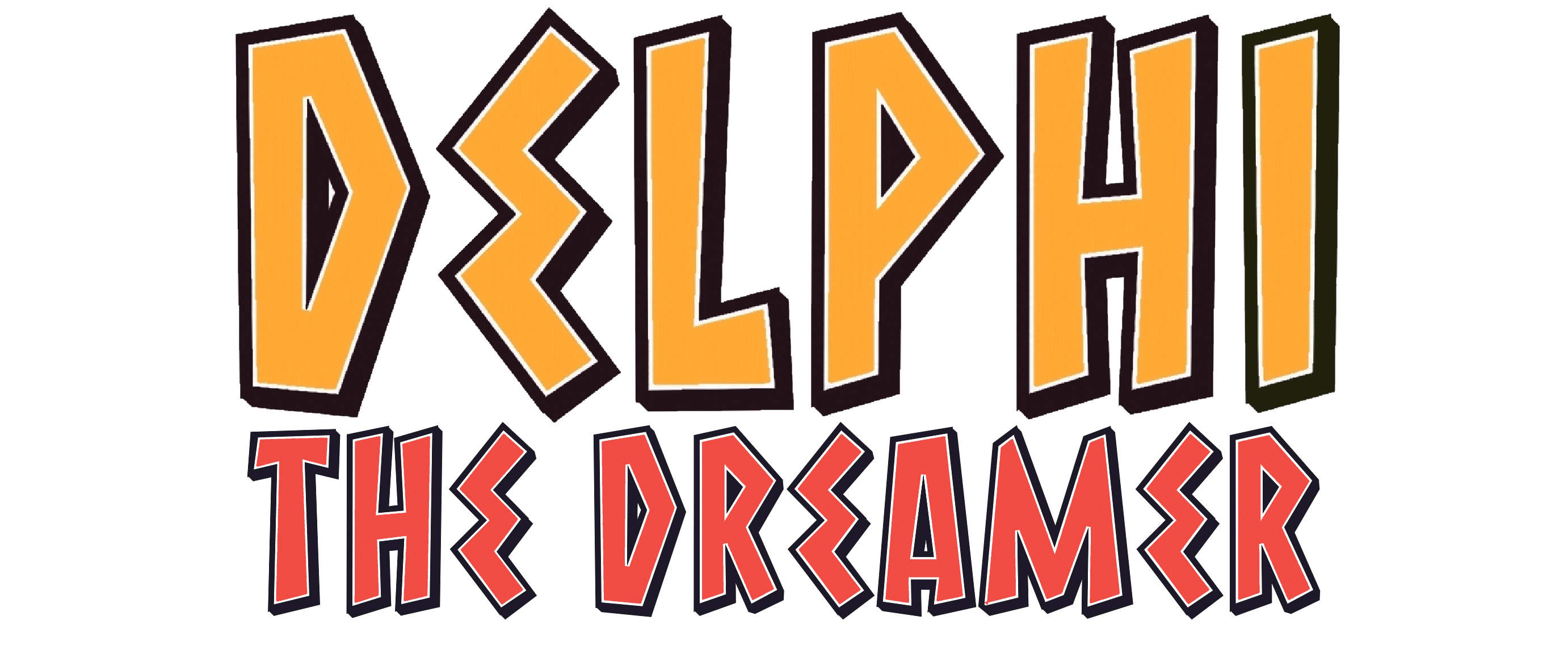
Plato's Academy
Plato



“I’m going to build my own school here one day.”
Delphi looked at Plato, but he appeared to be serious.
“No, you won’t,” she said, dismissively.
“I will! I’ve been thinking about it. You could add it on to the gymnasium. It’d be perfect here.”
“Yeah, but why? What’s the point?” Delphi laughed. “It’s not like you’re smart enough to teach them anything.”
Plato looked irritated.
“But that’s not the point! It wouldn’t be the kind of school where you listen to teachers – it’d be somewhere where people can talk, and ask questions and discover new ideas. Like in the Agora, but without all the distractions.”
“And all the idiots,” agreed Delphi. The idea was growing on her. “So what would you talk about?”
“Everything!” Plato replied instantly. “Maybe we could… work out how to make the perfect city or something. Or work out stuff about the soul, or truth and stuff like that. Carry on what Socrates did in the Agora.”
“Big questions,” said Delphi.
“Big questions,” agreed Plato. Delphi thought about it.
“So you’d be in charge then?” she asked.
“Well, I guess so. I wouldn’t tell people what to do though,” said Plato, modestly.
“Why not? I would!”
“I know you would, Delphi!” he laughed, but an idea hit Delphi between the eyes.
“Hey, you’re thinking it’d be just for men, wouldn’t you? If it’s at a gymnasium?” She glared at him and Plato looked uncomfortable.
“Well… that’s what people would expect, isn’t it?”
“But that’s not…”
“I’d let you in!” Plato added hurriedly. Delphi brightened up.
“Really?”
“Yeah. But you’d probably have to pretend to be a boy.”
Delphi hit him.



Plato's Academy: Fact box
-
Plato did go on and build his school! It was called the Academy and it is thought to be the very first University. The word ‘academy’ is still used as a name of a school – it might even be in the name of yours!
-
The Academy became the centre of learning in Athens, along with the Lyceum, the school built by Plato’s pupil, Aristotle.
-
There really were girls who pretended to be boys to get into the Academy! One of them was called Axiothea, who was from a town near the city of Corinth. We don’t know how long her disguise lasted!
Plato
-
Plato may not have been Plato’s real name. It means something like ‘wide’ and historians aren’t sure if it’s because he had wide shoulders, a wide head or just a very wide personality. It’s probably some sort of nickname, if ‘wide-boy’ is much of a nickname.
-
After Socrates’ death, Plato went on to become an extremely important philosopher - perhaps even more important than Socrates himself! Plato asked a lot of new philosophical questions, such as how to create the best society and how we know what is true. He was also the teacher of Aristotle, who was another very important philosopher.

-
Plato wrote some of the oldest, best written and most interesting books of philosophy ever written. What makes his books so much fun is that he wrote his ideas as stories. His stories were usually about Socrates talking through a philosophical question with other people in Athens. Nowadays, we call them dialogues.
-
A lot of his dialogues worked in the same way. Socrates would want to know what something really meant, like beauty or justice, and so he would ask an expert. Through his questions, Socrates always seemed to reveal that they didn’t really know what it meant either. At the end everybody ends up confused but knowing a lot more than they did at the start. They named this the 'Socratic method'.
-
Socrates never wrote a word down – so it is Plato we have to thank for telling us what he said. However, it can be hard to tell which ideas belonged to Socrates and which belonged to Plato!




